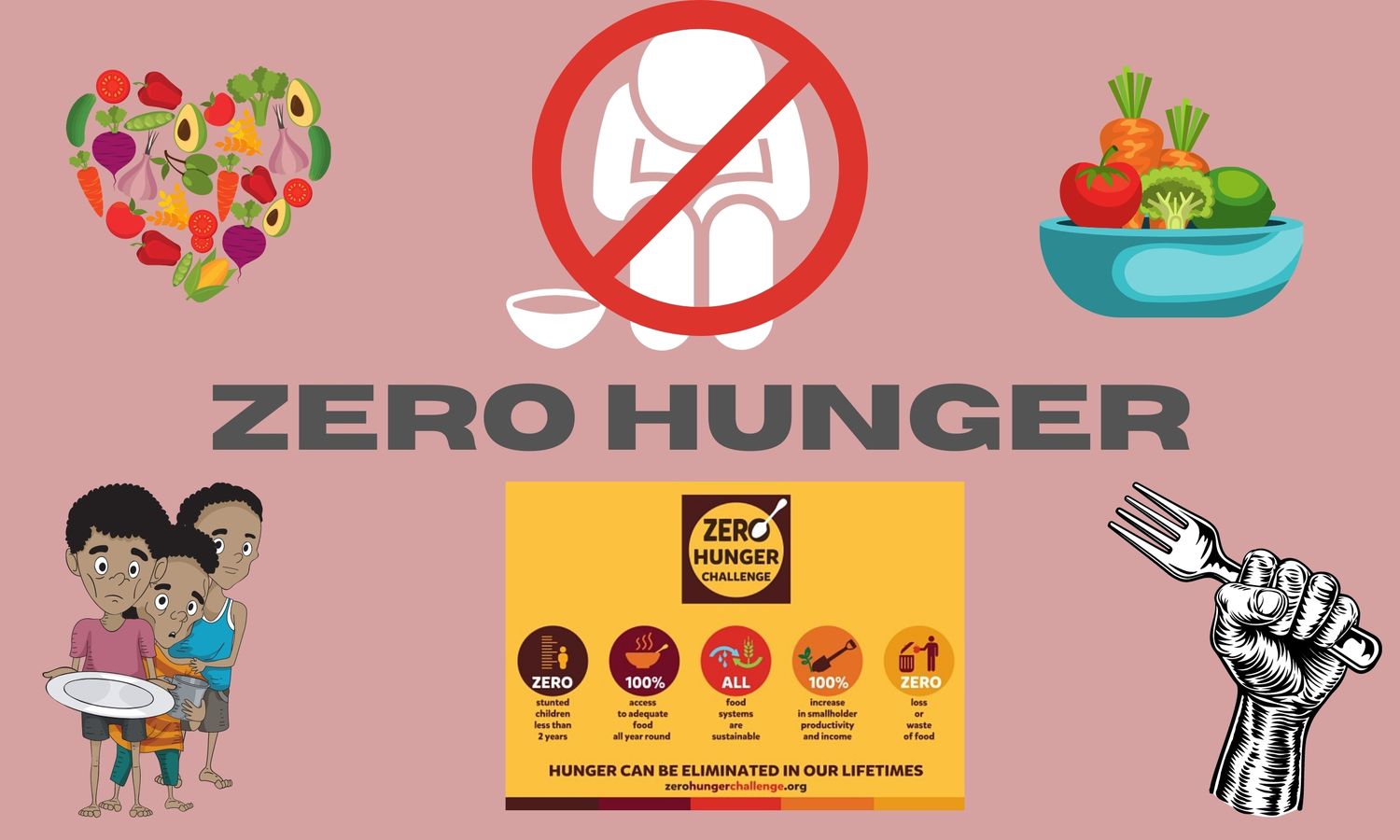Zero Hunger
 Everyday more than 100 million people suffer due to hunger but when it comes to India, we have a high rate of hunger problems compare to the world. About 15% of the Indian population sleep with an empty stomach every day and about 195 million Indians are undernourished.
Everyday more than 100 million people suffer due to hunger but when it comes to India, we have a high rate of hunger problems compare to the world. About 15% of the Indian population sleep with an empty stomach every day and about 195 million Indians are undernourished.
The government had launched a Zero Hunger challenge in India to help the unfortunates by ending hunger, providing them with achievable food security, improve nutrition amount and increase sustainable agriculture. Zero Hunger is very necessary as it will create positively impact on the economies, health, education and social development.
It is possible to achieve Zero hunger in India as we have large production of agriculture and it is said by the United Nation General Assembly in 2015 that India’s is progressing towards achieving zero hunger by 2030.
The Zero Hunger Challenge is guided by some main principals that are of the United Nations and the 2030 Agenda on Sustainable Development.
Cause and issues related to Food Scarcity in India:
- The Indian food basket differs on the basis of different religion which makes it 10 times difficult to fulfill the needs of people of every religion with the help of domestic productivity only.
- Due to insufficient warehousing and cold storages leads to 7% wastage of total annual food production and about 30% of the fruits and vegetables.
- Lack of large farms and low level of land consolidation among the small farm holders creates a mis-management for food production.
How to move forward to achieve Zero Hunger:
- We need a proper management system like production, processing, preservation and distribution, which will create food requirements for the people.
- Strong transportation framework should be setup to permit transportation of food from food surplus to food shortfall regions.
- Privately owned businesses should invest and contribute to bring out solutions for limited food wastage. A report by the Boston Consulting Group appraises that taking care of the issue of food misfortune and wastage is a $700 billion opportunities for privately owned businesses. Organizations are additionally better situated as they can impact consumer behavior.
- Overall population awareness around the issue of food wastage should be made through different medias.
- The public authority, on its part should make laws that punish organizations for wasting food inside their store network and empower repurposing and recycling of food things.
- The farmer known as the main member of the economy, must be upheld to accomplish the most amount of creation and efficiency and should be guaranteed a bigger portion of benefit along the value chain.
- The current single development of raw materials (from farmers) and a single-way of development of finished products (to farmers) should be changed into a two-way movement of commerce.
- Communication and participation between farmers is also required as it will guarantee no single harvest is overproduced.